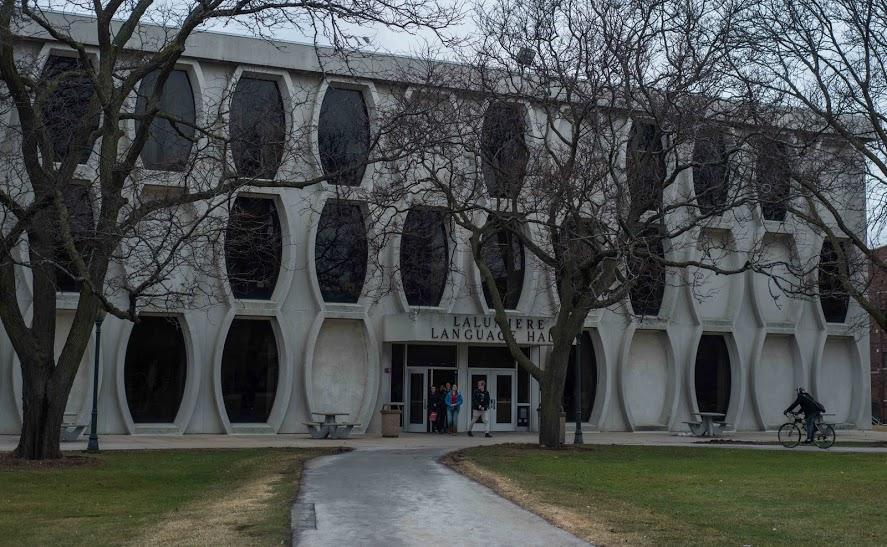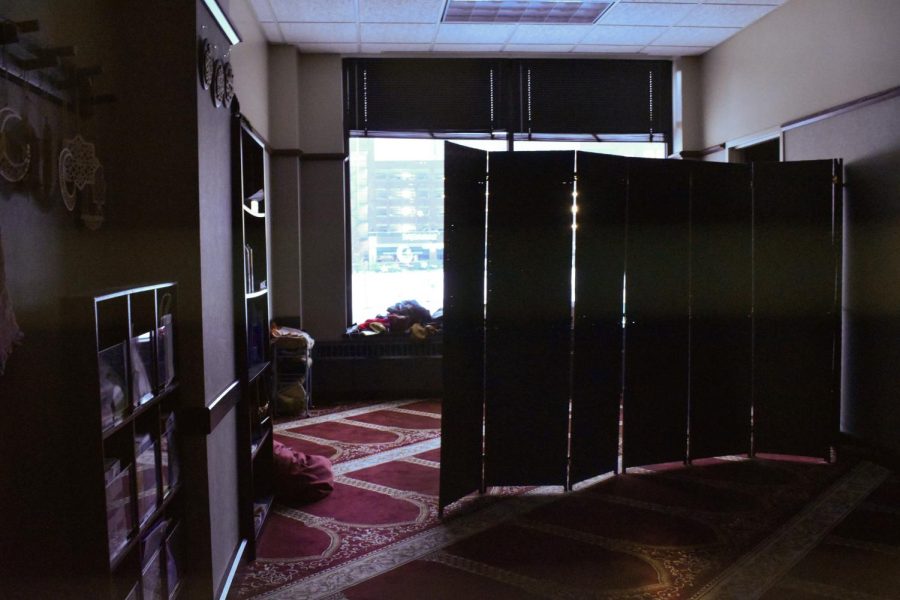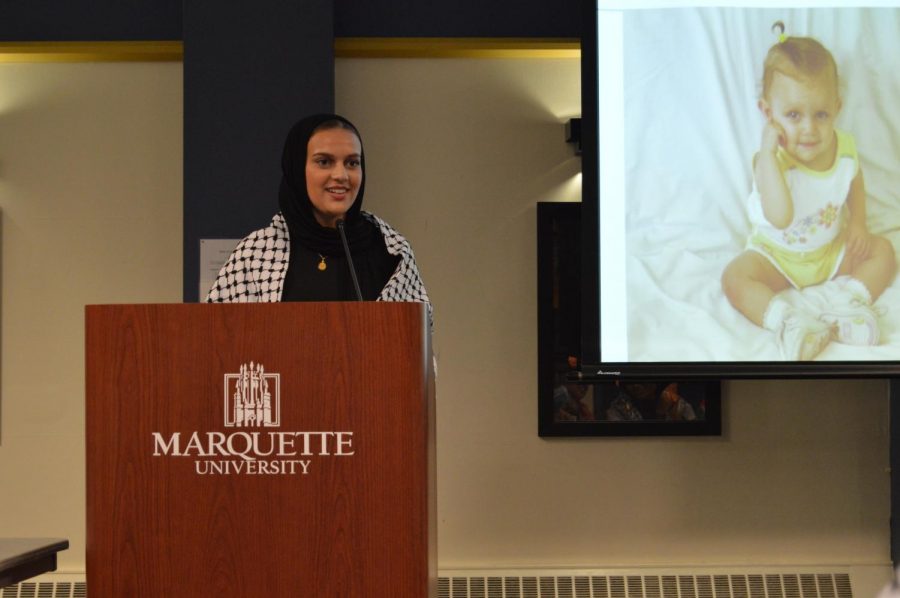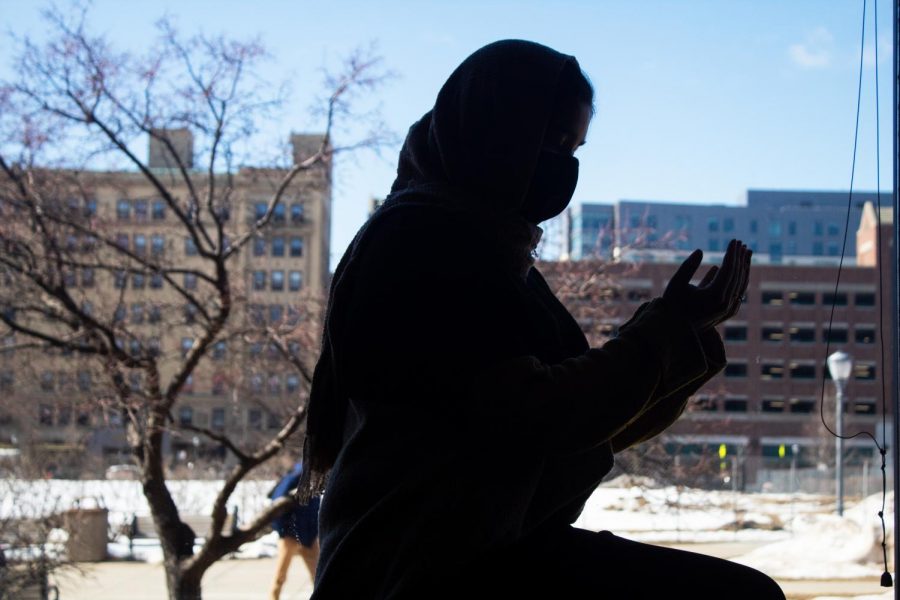Colleges and universities cover a spectrum of religious affiliations. From Jewish to Jesuit, institutions of higher education appeal to nearly all denominations in the United States — except one.
There has never been a four-year, fully accredited Muslim college in America. Zaytuna College is looking to change that.
Zaytuna opened its admissions office this month to accept applications from its inaugural freshman class for the fall of 2010.
Zaytuna, like most other religiously affiliated schools, will offer a liberal arts education along with training in Islamic scholarship.
Though it is a Muslim college, it is not exclusive to Muslims. People of all faiths are welcome at Zaytuna — which means “olive branch” in Arabic.
Fuad Rahmat, a muslim graduate student at Marquette, is optimistic about Zaytuna’s prospects.
“I think it is a really good thing, a good start for things to come for American-Muslim integration in the larger community,” Rahmat said.
Located in Berkeley, Calif., Zaytuna’s campus lies within the San Francisco Bay Area, home to a Muslim community of between 300,000 and 500,000, according to the Zaytuna Web site.
Because the college is in its preliminary stages, it currently occupies rented building space and does not yet offer dorms for students.
Though Zaytuna is already accepting applications, it is still undergoing the accreditation process by the Western Association of Schools and Colleges, which can take up to seven years, according to WASC.
One of the two majors available to students at Zaytuna is Islamic legal and theological studies, which deals with the scripture, religious practices and traditions of Islam. The other major is Arabic language, which teaches students the rhetoric, grammar and syntax of the language.
Zaytuna also requires a core curriculum featuring more traditional courses like history, literature, philosophy, political science and economics.
Zaytuna’s Web site said the college “(has) carefully designed a rigorous curriculum in Islamic Studies and Arabic, as well as in the humanities and social sciences, so (its) students can confidently navigate the cultural, political and intellectual currents that are shaping our world.”
Nonetheless, some hope Zaytuna will eventually grow to include other majors. Rahmat said he hopes the college will expand to involve other disciplines.
Irfan Omar, an assistant professor in the department of theology specializing in Islamic thought, said students are attending Zaytuna as a supplement to other education. He said the college’s graduates would likely become religious directors or professors that universities could hire in theology departments.
Though Zaytuna is just now coming to fruition, it started years ago with the visions of Imam Zaid Shakir and Shaykh Hamza Yusuf.
Shakir and Yusuf are Islamic converts who have spent years studying with Islamic scholars in the U.S. and overseas. Both are fluent in Arabic and are prominent teachers in the Muslim community.
The primary issue for Islam in America, Omar said, is that Islam has never become rooted in a land until that land began producing religious scholars.
“Most of the Muslim scholars in America are from overseas, so they are not sensitive to the needs and demands of their audience,” Omar said. “They’re not aware of the needs of Muslims in the United States, and their teachings and postures do not really appeal to many of them.”
Yusuf and Shakir were aware of this discrepancy in Islamic higher education in the U.S., which inspired them to assume an active role in filling the gap. Their biggest concern was the need for modern Muslim scholars who could apply classical Islamic texts to contemporary Western culture.
In 1996, Yusuf launched the Zaytuna Institute, a nonprofit educational organization that based its teachings on Islam. As it expanded, he and Shakir planned to help it evolve into a college by campaigning and gathering donations.
Omar is optimistic about Zaytuna’s ability to grow.
“It has been a disconnect for many years,” Omar said. “I think Zaytuna will be a very positive thing for the future.”
Students at Marquette are also excited about Zaytuna.
Shazeen Harunani, a senior in the College of Arts & Sciences and president of Marquette’s Muslim Student Association, would like to eventually study there.
“Shaykh Hamza Yusuf is an incredible scholar and he has run the highly successful Zaytuna Institute for a number of years,” Harunani said. “I’ve actually wanted to go study there for a while. Islam has a long history of great scholarship, so I am really glad that this is carrying over into America as well.”






